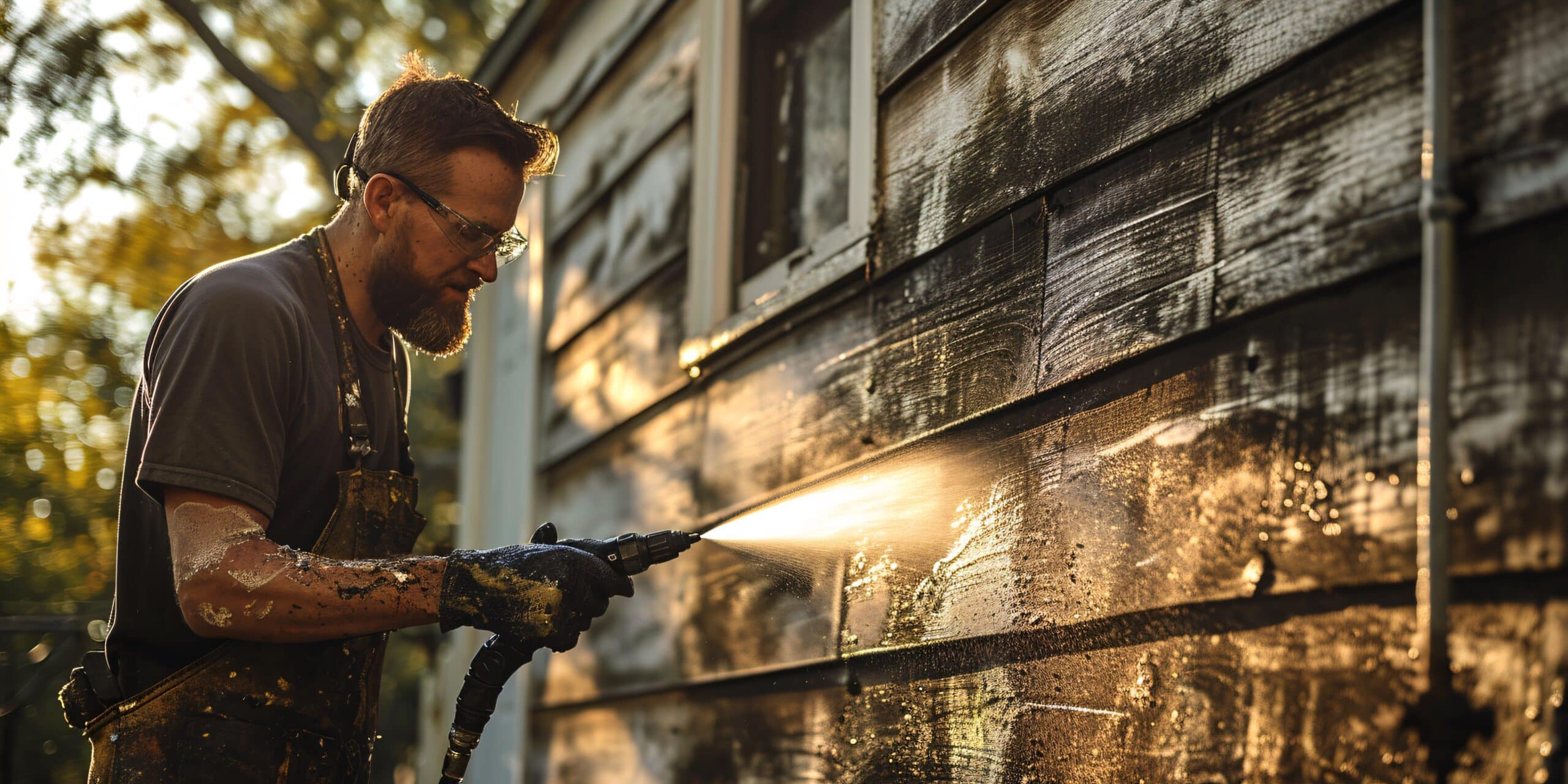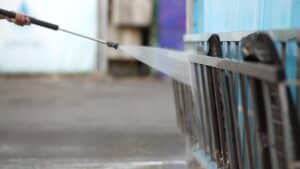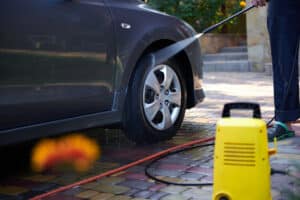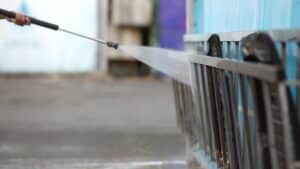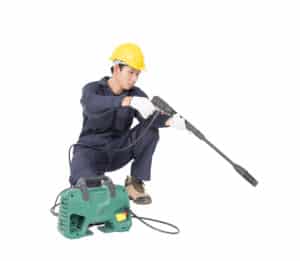How Much Water Does an Electric Pressure Washer Use Per Minute?
Key Takeaways
- The average water usage per minute for an electric pressure washer ranges from 1.1 to 8 gallons.
- Specific electric pressure washer models have varying water flow rates, such as the Greenworks 2,300 PSI 2.3 GPM Electric Pressure Washer and the DeWalt 2,400 PSI 1.1 GPM Electric Pressure Washer.
- Factors that affect water usage include pressure, flow rate, and nozzle selection.
Electric pressure washers are a popular choice for homeowners and professionals alike due to their convenience and ease of use. One question that often arises when considering purchasing an electric pressure washer is how much water it uses per minute. In this article, we will explore the average water usage of electric pressure washers and provide you with the information you need to make an informed decision.
The Average Water Usage for Electric Pressure Washers
According to the information provided in the sources, the average water usage per minute for an electric pressure washer ranges from 1.1 to 8 gallons. However, it is important to note that the specific water flow rate can vary depending on the model and brand of the pressure washer.
One of the sources states that the average water usage per minute for an electric pressure washer is approximately 1.5 gallons. This figure provides a general idea of the water consumption for electric pressure washers but may not be applicable to all models.
Another source mentions that the water flow rate of electric pressure washers mentioned in their text ranges from 1.1 to 2.7 gallons per minute. This wider range indicates that different electric pressure washers have varying water usage, and it is essential to consider the specific model’s specifications.
Additionally, one of the sources provides specific water flow rates for several electric pressure washer models:
- Greenworks 2,300 PSI 2.3 GPM Electric Pressure Washer: 2.3 GPM
- DeWalt 2,400 PSI 1.1 GPM Electric Pressure Washer: 1.1 GPM
- Sun Joe 2,030 PSI 1.76 GPM Electric Pressure Washer: 1.76 GPM
- Wen PW1900 2,000 PSI 1.6 GPM Electric Pressure Washer: 1.6 GPM
- Ryobi 40V 1,500 PSI 1.2 GPM Electric Pressure Washer: 1.2 GPM
These specific figures give you a better understanding of the water flow rates of different electric pressure washer models, allowing you to choose the one that best suits your needs.
Considerations for Water Usage
When determining how much water an electric pressure washer uses per minute, it is important to consider a few factors:
- Pressure: Higher pressure washers typically use more water compared to lower pressure models. If you need more power for tougher cleaning tasks, you may have to accept a higher water consumption.
- Flow Rate: The flow rate, measured in gallons per minute (GPM), directly affects the amount of water used. A higher flow rate will result in more water consumption.
- Nozzle Selection: The nozzle you choose for your electric pressure washer also plays a role in water usage. Different nozzles have varying spray patterns and flow rates, so selecting the appropriate nozzle can help optimize water efficiency.
Conclusion
In conclusion, the average water usage per minute for an electric pressure washer can range from 1.1 to 8 gallons. However, it is crucial to refer to specific model specifications to determine the precise water flow rate. Factors such as pressure, flow rate, and nozzle selection can influence the water consumption of an electric pressure washer. By considering these factors and the specific requirements of your cleaning tasks, you can make an informed decision regarding the best electric pressure washer for your needs.
Related Websites:
FAQs:
Q: What is an electric pressure washer?
An electric pressure washer is a cleaning tool that uses an electric motor to generate high-pressure water for various cleaning tasks. It is commonly used for outdoor cleaning such as washing cars, driveways, and decks.
Q: How does an electric pressure washer work?
An electric pressure washer works by using an electric motor to power a pump, which pressurizes the water from a regular garden hose. The high-pressure water is then sprayed through a nozzle, allowing for effective cleaning and removal of dirt and grime.
Q: What are the benefits of using an electric pressure washer?
Using an electric pressure washer offers several benefits. It provides a more efficient and effective cleaning process compared to manual methods. It saves time and effort while producing better results. Additionally, electric pressure washers are generally more eco-friendly as they do not emit harmful fumes like gas-powered models.
Q: What factors affect water usage in electric pressure washers?
Several factors influence water usage in electric pressure washers. These include the pressure settings used, the size of the nozzle, the specific cleaning task, and the water flow rate of the machine. Adjusting these factors appropriately can help minimize water consumption.
Q: How much water does an electric pressure washer use per minute?
The amount of water an electric pressure washer uses per minute varies depending on the pressure settings. On average, low-pressure settings can use around 1.5-2 gallons per minute, medium-pressure settings around 2-2.5 gallons per minute, and high-pressure settings can use 2.5-3 gallons per minute. It’s important to note that water consumption can also be influenced by the specific model and settings used.
Q: How can I maximize water efficiency while using an electric pressure washer?
To maximize water efficiency, consider the following tips: start with lower pressure settings, use appropriate nozzles for the cleaning task, avoid unnecessary prolonged spraying, and opt for models with adjustable water flow. By implementing these practices, you can reduce water consumption without compromising the cleaning effectiveness of your electric pressure washer.

